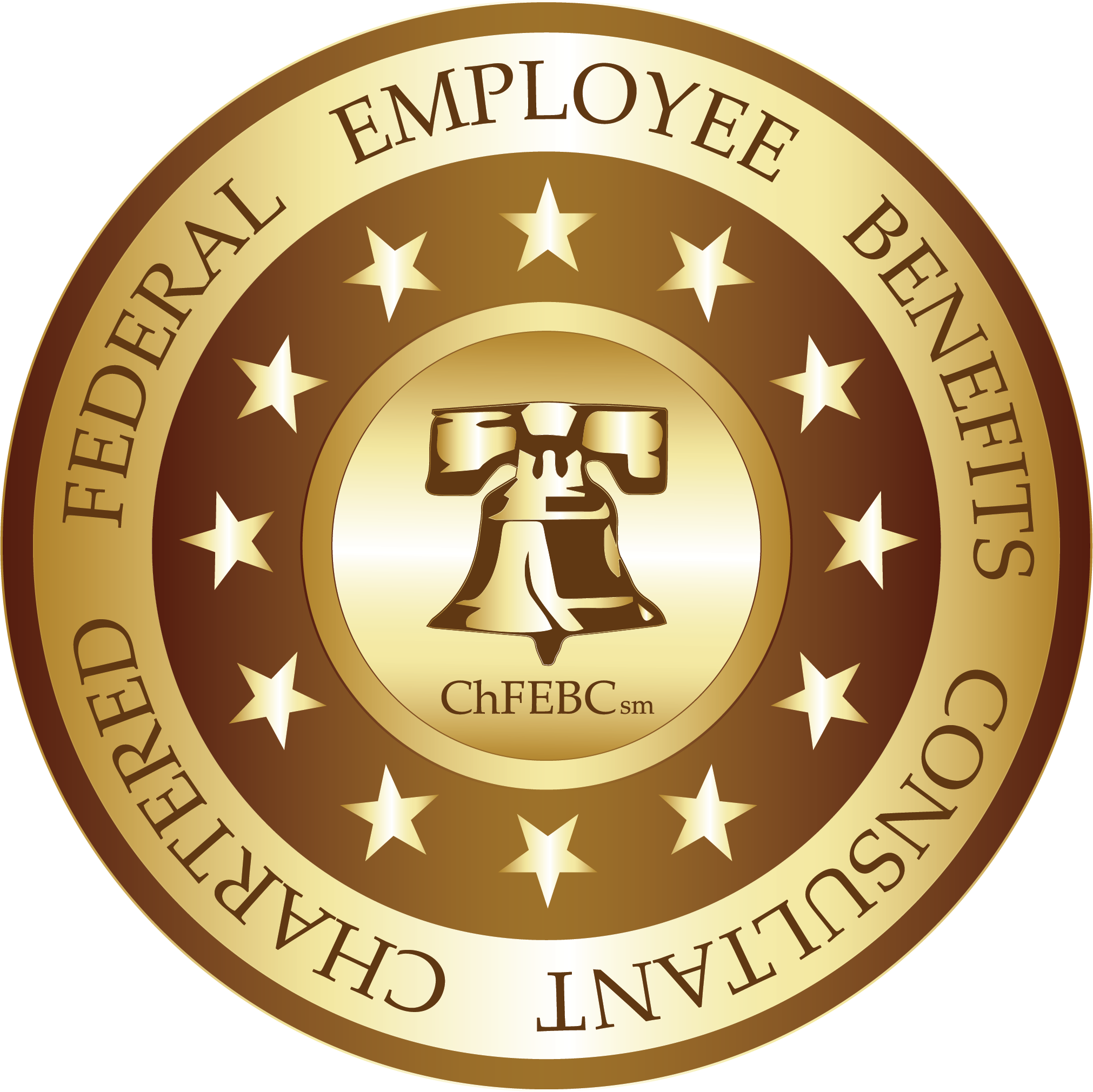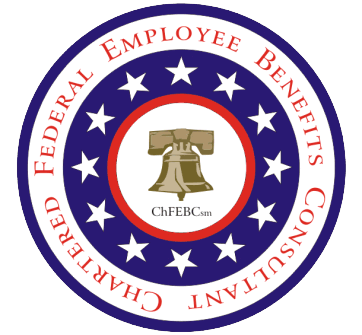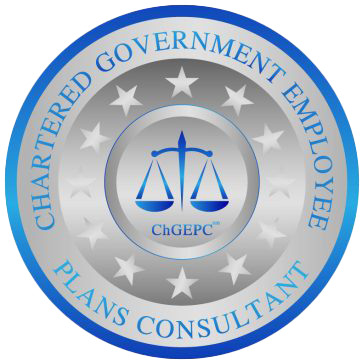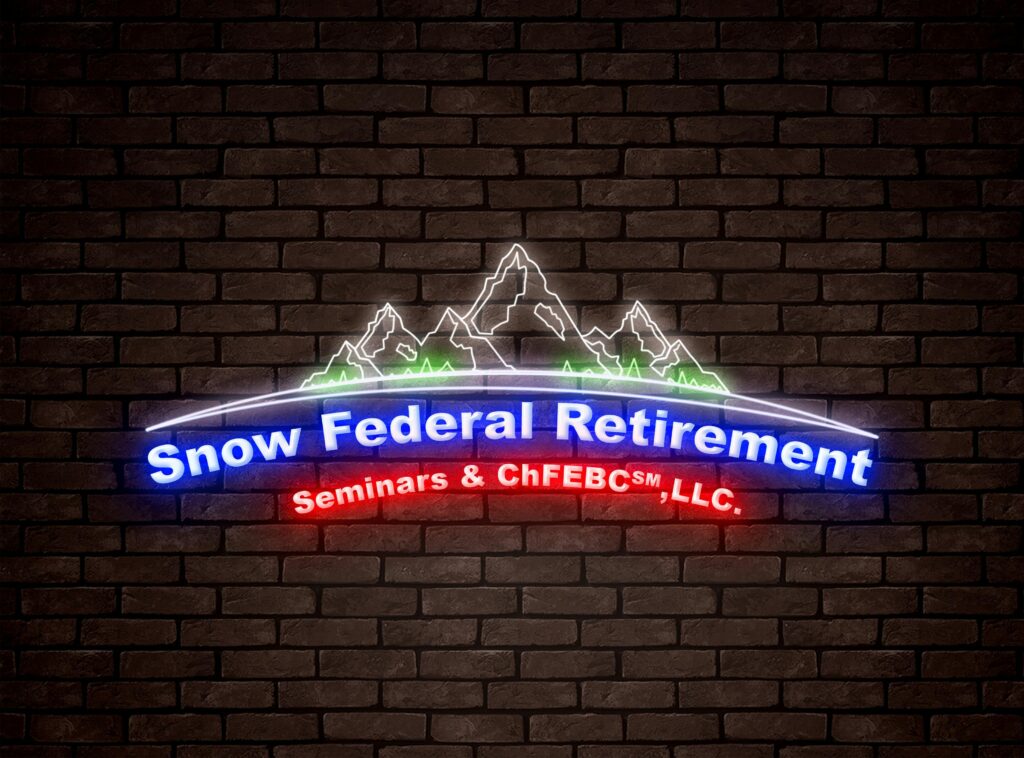
Compliance
Complaint Procedures
View our Code of Ethics
The following information is being provided in an effort to assist the public in becoming acquainted with Snow Federal Retirement Seminars & ChFEBC℠, LLC (Federal Seminars), investigation and complaint procedures while encouraging Chartered Federal Employee Benefits Consultant℠(ChFEBC℠) professionals to maintain high ethical standards. These procedures provide for a thorough review and a decision as to whether there has been a violation of the Snow Federal Retirement Seminars & ChFEBC℠, LLC Code of Ethics or non-compliance with ChFEBC℠ renewal process and if internal sanction is warranted.
A charge against the conduct, actions or recommendations of a Chartered Federal Employee Benefits Consultant℠ professional is a matter that Federal Seminars takes seriously. Accordingly, if you feel that the Code of Ethics has been violated or that there has been a lack of compliance, you should not hesitate to begin the grievance procedure against a Chartered Federal Employee Benefits Consultant℠professional.
Federal Seminars provides for a Disciplinary and Ethics Commission that determines whether allegations are justified and whether the unethical conducts warrants disciplinary action. There is no cost to you.
Because one of the function of Federal Seminars is the evaluation of grievances, please be assured that your grievance will be investigated vigorously and impartially.
Ethics and Discipline
When authorized to use the CHARTERED FEDERAL EMPLOYEE BENEFITS CONSULTANT℠ certification marks (the ChFEBC℠ designation), a CHARTERED FEDERAL EMPLOYEE BENEFITS CONSULTANT℠ professional agrees to abide by the Code of Ethics to comply with the philosophy and mission of Federal Seminars.
A complaint filed against a desigee must be considered very carefully since it could negatively affect a designee’s career, reputation and ability to earn a living. Thus, it takes more than a claim of misconduct to justify disciplinary action. Proof of misconduct must be established by a preponderance of the evidence.
A complaint should relate to unethical conduct — a violation of the Federal Seminars Code of Ethics — that can be proven by evidence. An honest disagreement about how a matter should or should not have been handled would not normally constitute unethical conduct. CHARTERED FEDERAL EMPLOYEE BENEFITS CONSULTANT℠ professionals, as any other professionals, may not always give the perfect response to a given circumstances.
For instance, disagreements about fees, products or services do not necessarily constitute unethical conduct. Unexpected declines in security values or the length of time it may take to respond to a client with a completed plan do not necessarily constitute unethical conduct.






